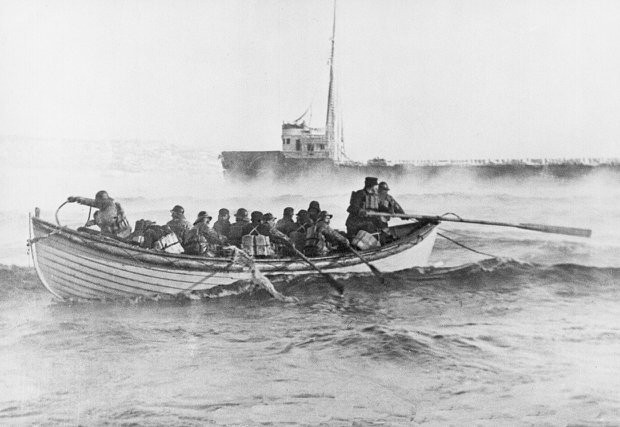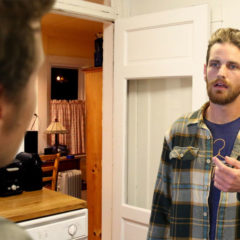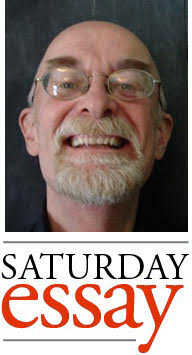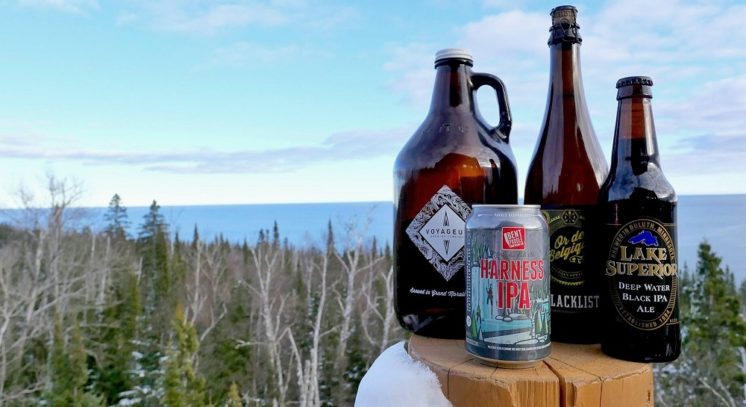The Trouble with Al Franken
 I’m sad about Al Franken. I’ve been reading some heartfelt responses to the situation, varying in timbre from sad and resolute to forgiving and freshly devoted to the new and improved Al Franken, the one who will likely emerge from a self-imposed ethics investigation much the way he entered it: somewhat marred, but essentially a good man in the eyes of those who always thought he was a good man, and a liberal blowhard to those who always thought he was a liberal blowhard. His reputation in the court of public opinion is bent, but not really broken. He can still look most of America in the eye. Compared to Louis C.K. and the rest of them — Woody Allen, Harvey Weinstein, Roy Moore — those roiling pots of sexual dysfunction and predation, Franken is a tepid pool.
I’m sad about Al Franken. I’ve been reading some heartfelt responses to the situation, varying in timbre from sad and resolute to forgiving and freshly devoted to the new and improved Al Franken, the one who will likely emerge from a self-imposed ethics investigation much the way he entered it: somewhat marred, but essentially a good man in the eyes of those who always thought he was a good man, and a liberal blowhard to those who always thought he was a liberal blowhard. His reputation in the court of public opinion is bent, but not really broken. He can still look most of America in the eye. Compared to Louis C.K. and the rest of them — Woody Allen, Harvey Weinstein, Roy Moore — those roiling pots of sexual dysfunction and predation, Franken is a tepid pool.
I’ll be honest — I was sadder and more surprised by the allegations against the men in my own camp: the liberals and artists, the progressive advocates who had been using their bully pulpits and mordant wits to shame and denounce the current administration and all of its gorked trappings as archaic and hateful, relics of a time before we knew that all people are people, and that other religions are equally inexplicable and sacred to the people who they are inexplicable and sacred to. So shame on me for believing that my men would be different.




















